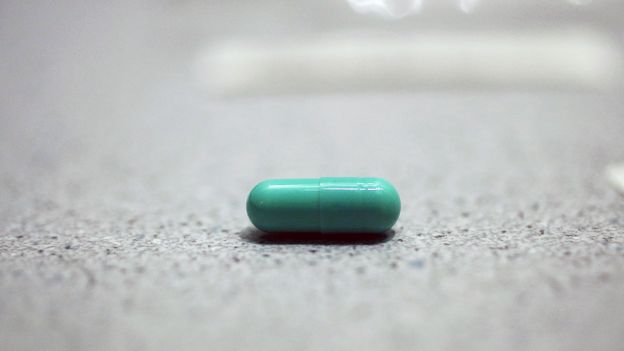Some 13 million Americans struggle with post-traumatic stress disorder (PTSD). Existing therapies only bring relief for a fraction of patients, and new treatments are sorely needed, according to psychiatrists wrestling with the scale of the problem. So, there was distinct disappointment when an advisory committee at the US Food and Drug Administration (FDA) voted earlier this month against a therapy that many had hoped could offer the first new treatment for PTSD in 25 years.
A number of experts who study psychedelics have since spoken out in support of MDMA-assisted therapy for PTSD and have sharply criticised the recommendations of the FDA’s Psychopharmacological Drugs Advisory Committee. But some are still optimistic that the treatment might be approved when the FDA delivers its final decision in August.
Ahead of the meeting, FDA approval of MDMA-assisted therapy for PTSD seemed likely, says Sandeep Nayak, an assistant professor of psychiatry at Johns Hopkins University, who investigates psychedelics as treatments for substance use and mood disorders. About two-thirds of people who received three sessions of MDMA and talk therapy no longer qualified for a PTSD diagnosis at the end of two Phase 3 clinical trials.
It’s an outcome that is “almost double that of existing medications”, says Gül Dölen, a neuroscientist at the University of California, Berkeley, who researches the mechanisms of how psychedelics achieve therapeutic effects. “What’s more, [the treatment] led to durable improvements in these patients lasting at least six months.”



deleted by creator
There’s no reason to use a second solution to the exact same symptoms that a safe, simple and effectively solution already resolves.
You can choose your own therapy, but it’s silly to tell people not to take the available, simpler, more effective proven solution in hopes that in the future a different solution will be available that might be as effective as psilocybin already is for these symptoms.
There is absolutely reason to pursue second, third, and fourth solutions to medical problems. There is 0 reason to assume that if treatment A is effective in 70% of patients and treatment B is effective in 70% that it’s the same 70%.
Braindead take.
I agree, especially if the 70% is a hypothetical future therapy that isn’t ready to be applied yet.
Use the thing that already works while you try to develop a different therapy.
Helping people now with psilocybin doesn’t mean you can’t do research into molly and other methods simultaneously.